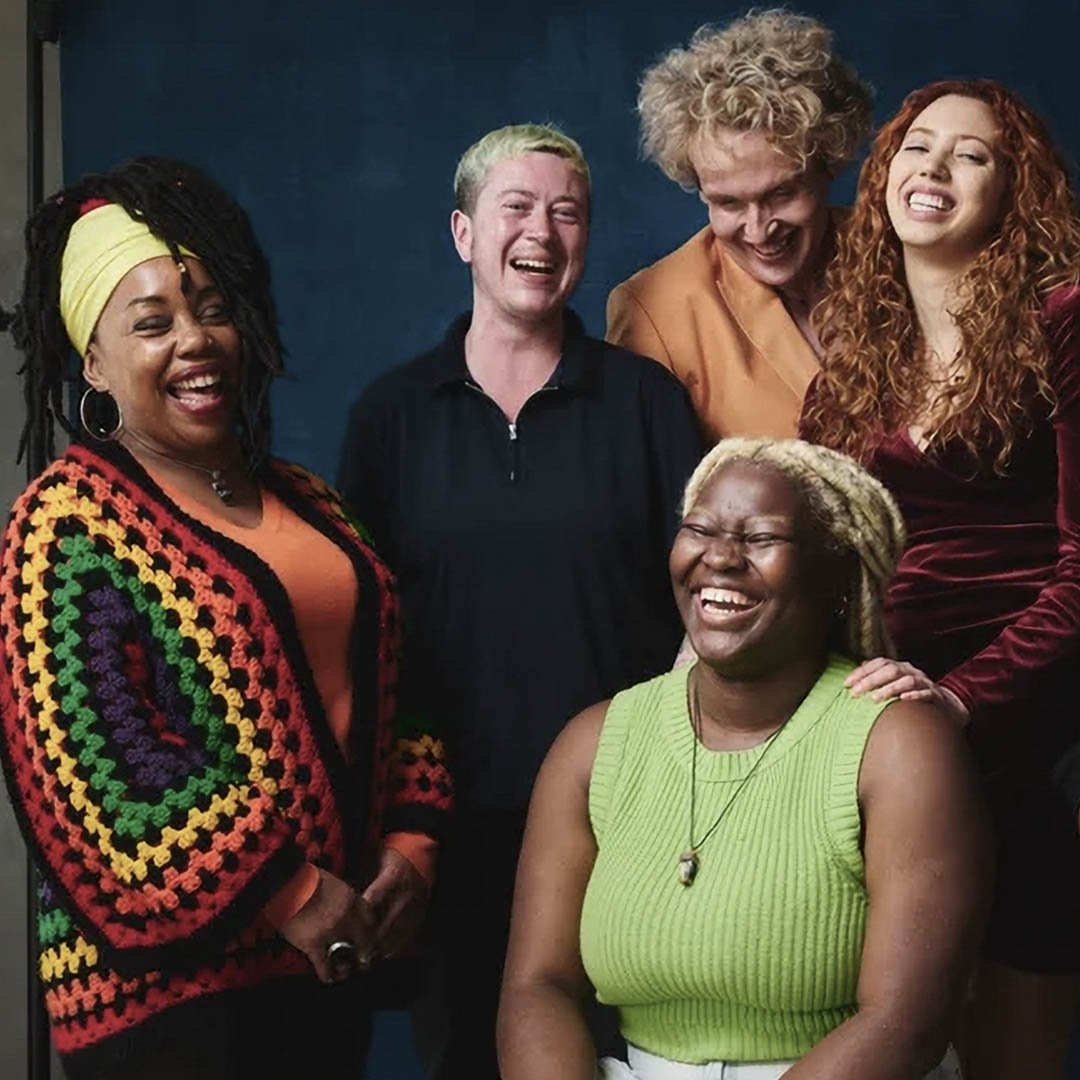
Intersectionality in Healthcare: Navigating Systemic Barriers for Neurodivergent People
Access to quality healthcare is a right everyone should have, but for many neurodivergent individuals, this remains a significant challenge. This blog explores the intersectional challenges faced by neurodivergent people and how Hopper Health is addressing them.
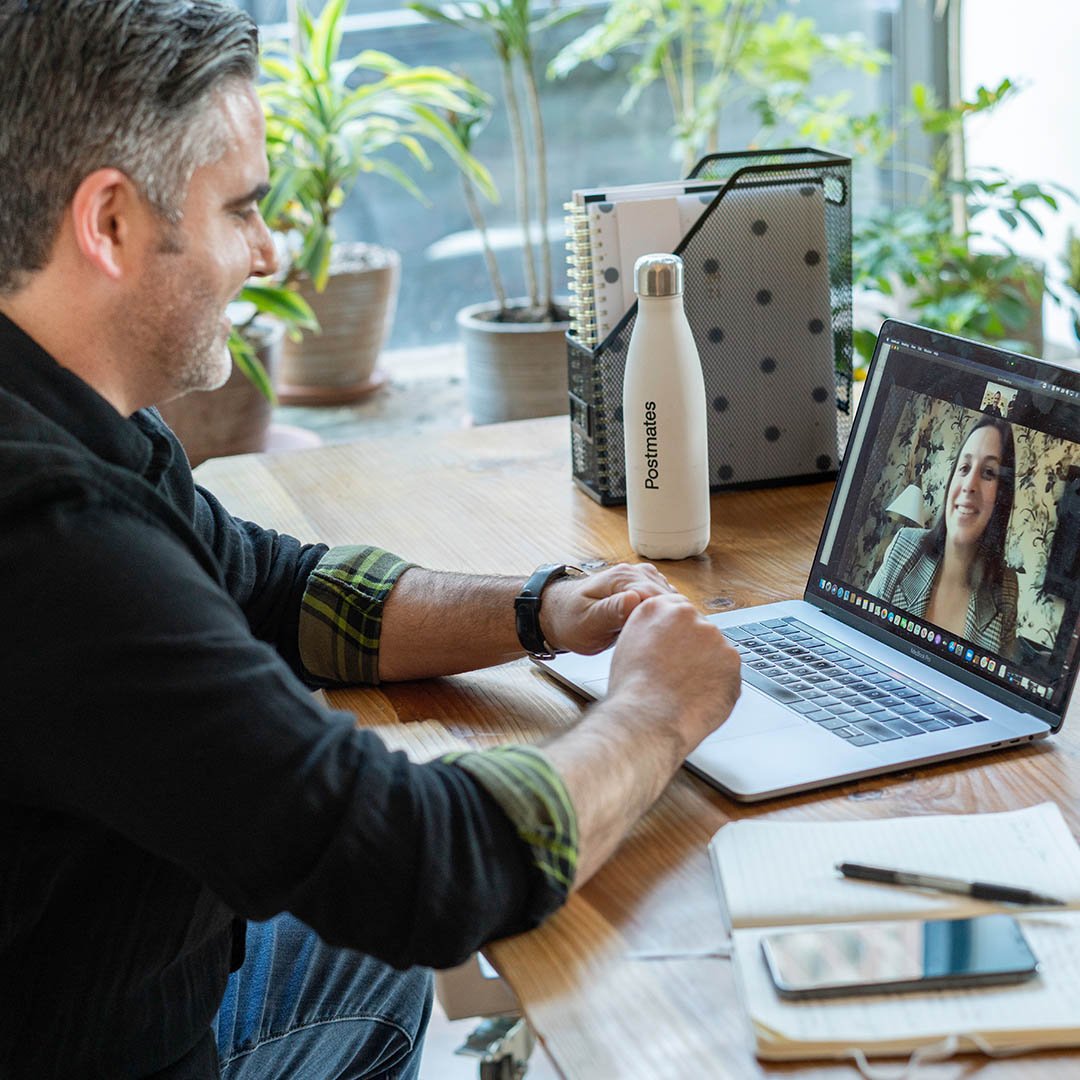
10 Essential Questions for Neurodivergent People to Ask Their Doctor
Asking the right questions is key to navigating healthcare. At Hopper Health, we understand the importance of empowering neurodivergent people to take charge of their healthcare. This blog provides ten essential questions for your healthcare provider, helping you understand and manage your health better.
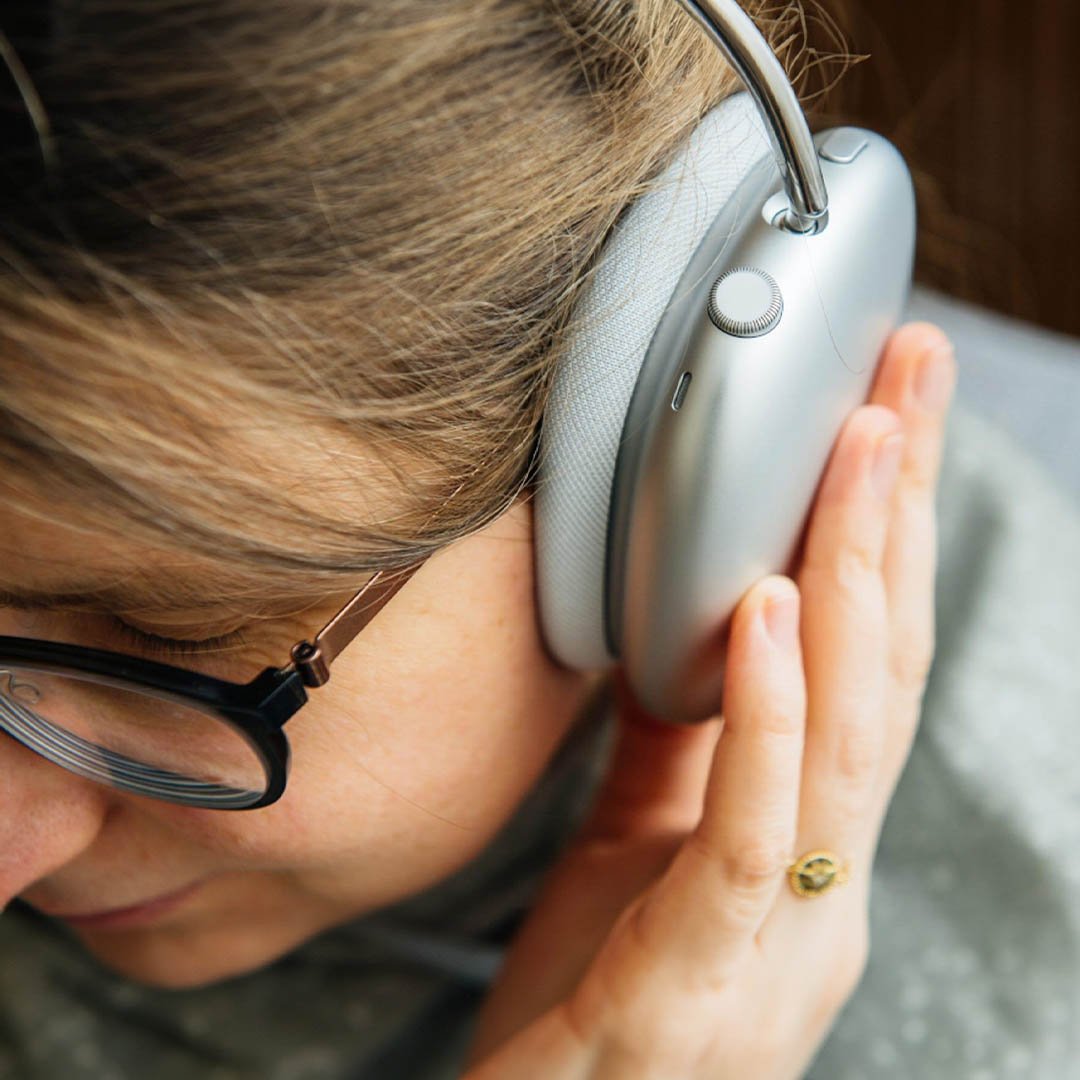
Understanding Sensory Sensitivities
Sensory sensitivities are about how we experience the world through our senses. For neurodivergent people, these experiences can vary greatly. In this post, we explore these sensitivities to see how they impact people.

Healthcare is Self Care
Healthcare is—quite literally—a vital facet of self-care, especially for neurodivergent folks. For us, navigating the sensory landscape, managing our energy, and finding healthcare that matches our needs can be a daunting challenge. Traditional healthcare settings often fall short in understanding and accommodating access needs, leaving many of us feeling frustrated, misunderstood, and excluded.

Peer Navigation 101: What is it, and how does it work?
We pair you with a professional advocate, with lived experience as a neurodivergent person, and who also believes that your experiences are valid and important. Your Peer Navigator serves your healthcare journey as so much more than just a guide; they're a teammate who offer insights, advice, and a listening ear.
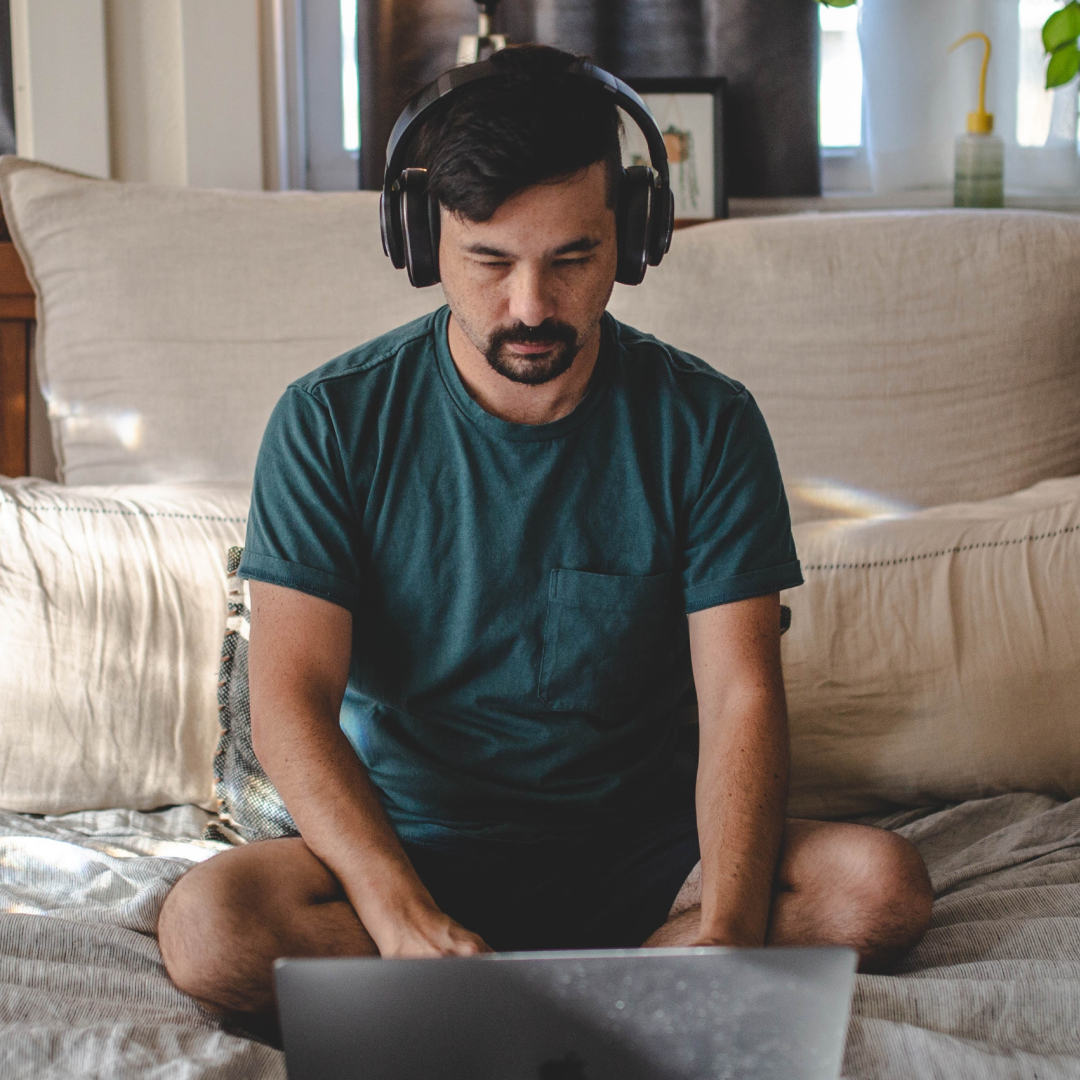
Supporting Neurodivergent Individuals: Navigating Healthcare Sensory Accommodations
Seeking adjustments in a medical context can be intimidating, whether due to illness, pain, or the fear of being misunderstood. Many neurodivergent individuals often find themselves masking their access needs, in an attempt to avoid potential stigma.
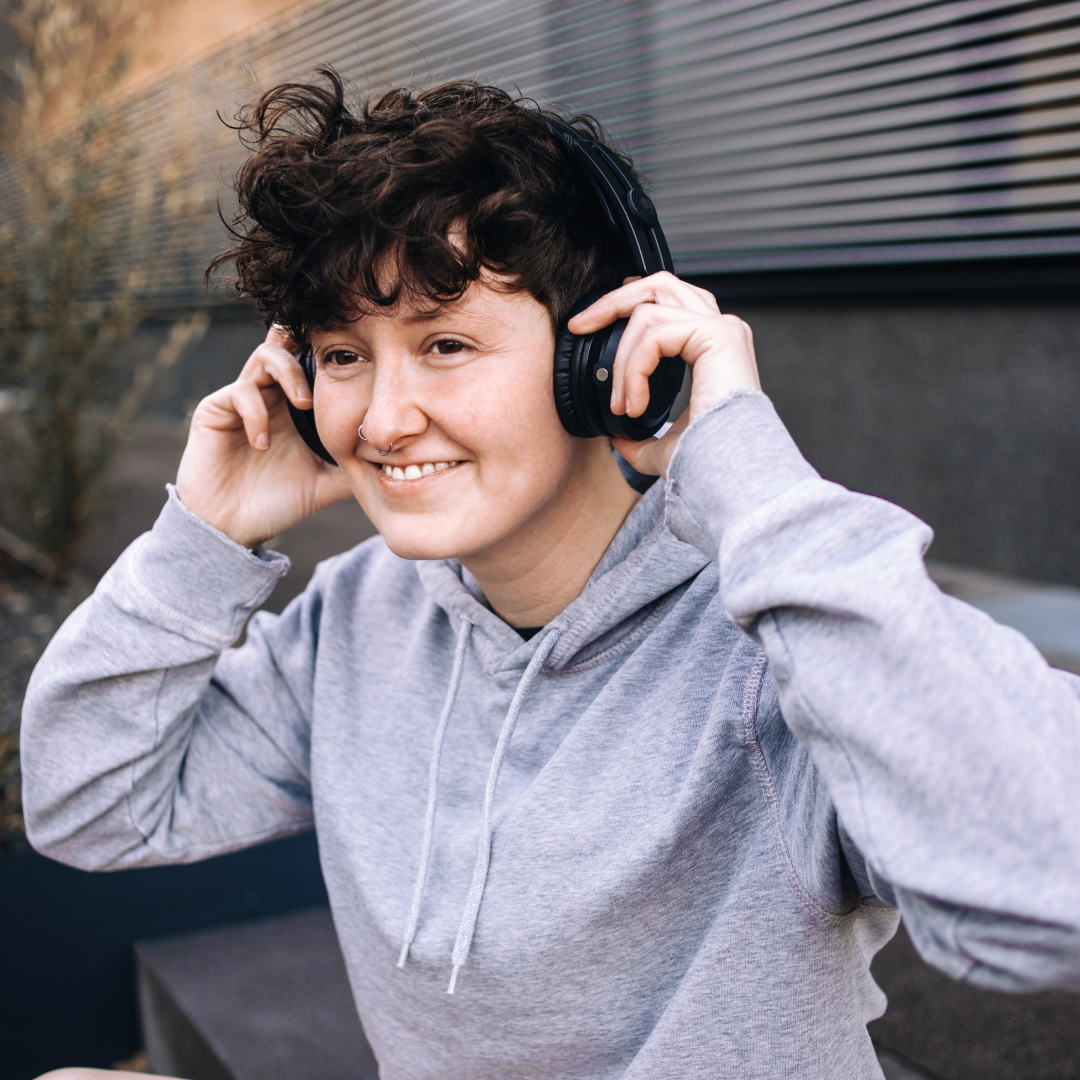
Hopper’s Origin Story
With so many neurodivergent people experiencing chronic pain and other underlying conditions—and yet so many of us avoiding treatment for those conditions—there is a critical need for healthcare designed specifically for these challenges.

Why I joined Hopper
One of the most important things I learned during my time in the arts is how much I value being part of a community. It's great to have a group of people who support and encourage each other, especially when we're all working passionately on our projects. Being part of a community also helps us improve our work in amazing ways. When we're constantly challenged and exposed to new and different ideas, our work gets better and more exciting.

Mise en place: A useful system for avoiding burnout
10 minute read
The concept of mise en place can be a powerful tool for neurodivergent adults looking to avoid burnout. By practicing organization, planning, and preparation in a way that works for our nervous systems, we can reduce decision fatigue, minimize sensory overload, conserve energy, and hopefully create a life that leaves us energy to enjoy ourselves. This can ultimately lead to greater success, less stress, and a more fulfilling life.
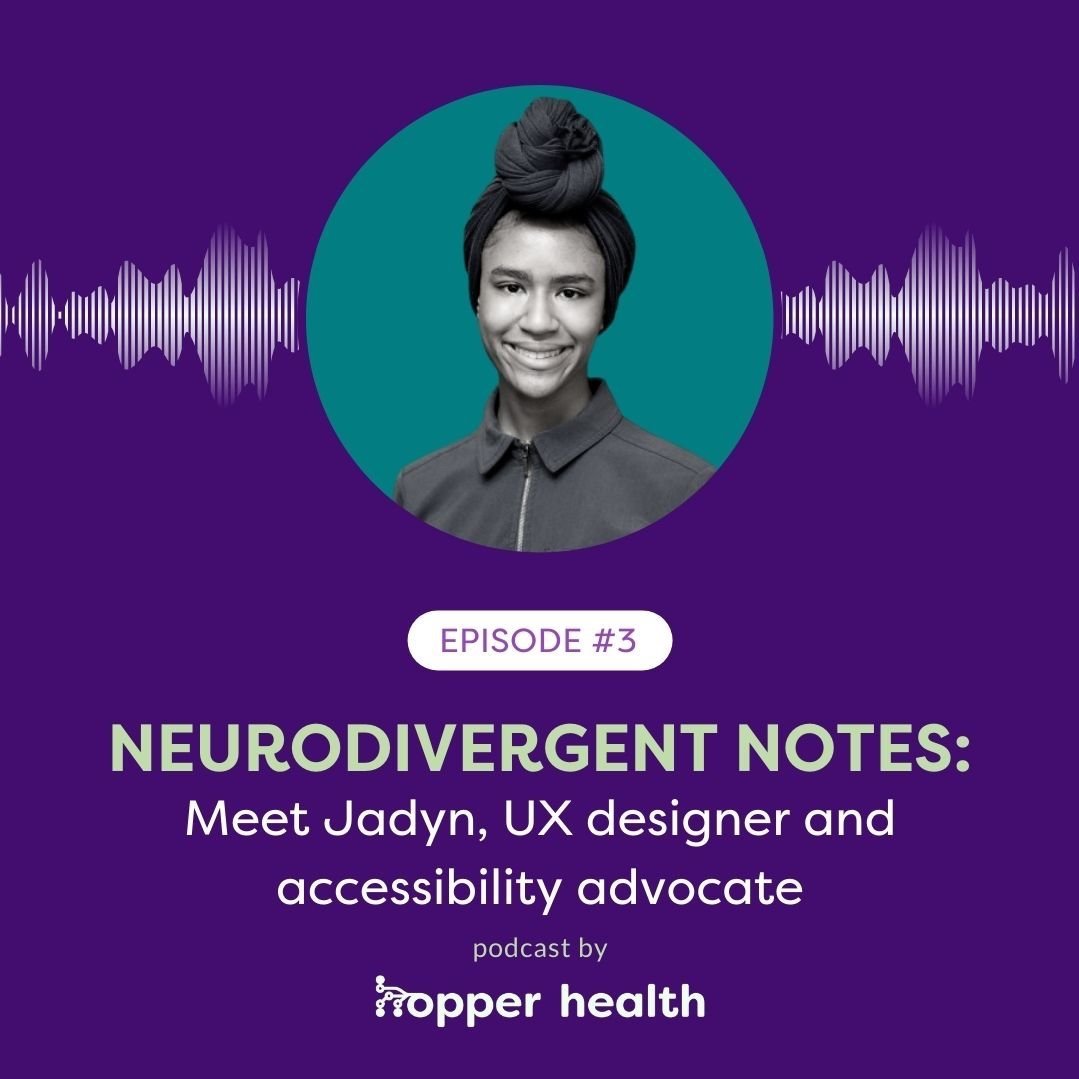
Neurodivergent Notes: Meet Jadyn
This episode of Neurodivergent Notes is a deep-dive into accessibility in design with Jadyn Cleary, a UX design student and accessibility advocate at Duke University. Katya (she/they, autistic & ADHD) and Jadyn discuss the dangers of choosing appearance over accessibility, and how platforms like Apple’s iOS can help or hinder progress, the importance of addressing accessibility early in the design process, and the need for inclusive user testing in healthcare.

Neurodivergent Notes: Meet Amanda
This episode is a candid, wide-ranging interview with Amanda Arany (she/her), who is Autistic and ADHD. Katya and Amanda discuss the "gifted child trap" when it comes to delayed or missed diagnoses of Autism, social media and online communities as accessibility and support resources, and experiences with substance use as a coping strategy for masking and dissociation. Amanda shares her personal experiences with alcohol use and recovery, and how her Autistic traits made traditional alcohol treatment programs ineffective.

Sensory Accommodations in Healthcare
We believe that everyone should get care how they need it, and are committed to reducing stigma in asking for and receiving sensory accommodations. Here’s a break down of some common challenges and suggested accommodations by sense - feel free to share this with your doctor, dentist, or other healthcare professional!
